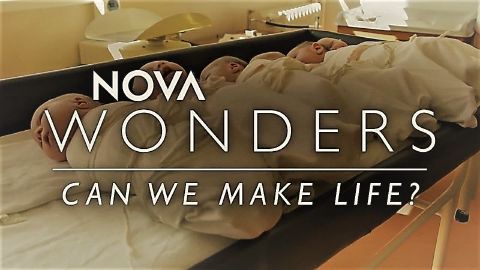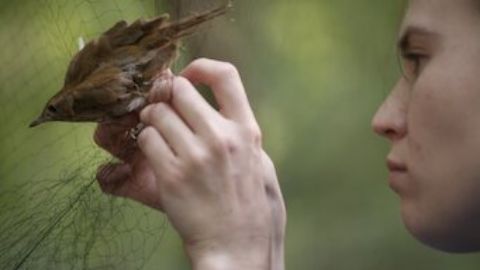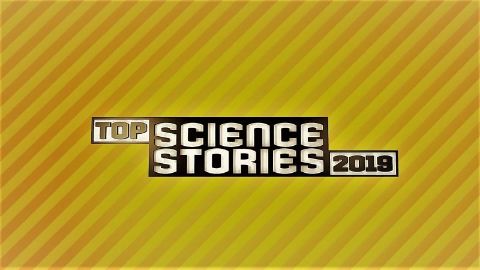SciShow • 2014 • 4 episodes •
Fewer children in the United States are getting vaccinated. That’s bad news for those kids, and also for public health in general. Often, the response is to argue and debate and get angry at people who are we see as making terrible, irrational decisions. Instead of doing that, let’s use science to understand why this is happening in the first place.
The media have been talking about “genetically modified humans” and “designer babies.” But what they’re really talking about is germ-line engineering: a process that could help eliminate heritable diseases. So why do some scientists want to pause the research?
Did you know that bananas are berries, but strawberries aren’t? A lot of thought goes into classifying fruits and vegetables, and it all has to do with anatomy.
In the early days of the space race, agency researchers in Russia and at NASA really weren't sure all what would happen to an astronaut in space. They didn't know if a human mind could handle actually seeing Earth or what would happen to the human body when exposed to long periods of weightlessness. Would their blood forget which way to pump? Would their eyeballs shift or their inner ears wig out? They sent up mice and monkeys and dogs, to see what happened, and in 1961, the Russians strapped a man to a rocket headed for orbit. Yuri Gagarin was the first person in space. The ultimate human guinea pig, he survived, becoming an international hero.
2014 • Health









